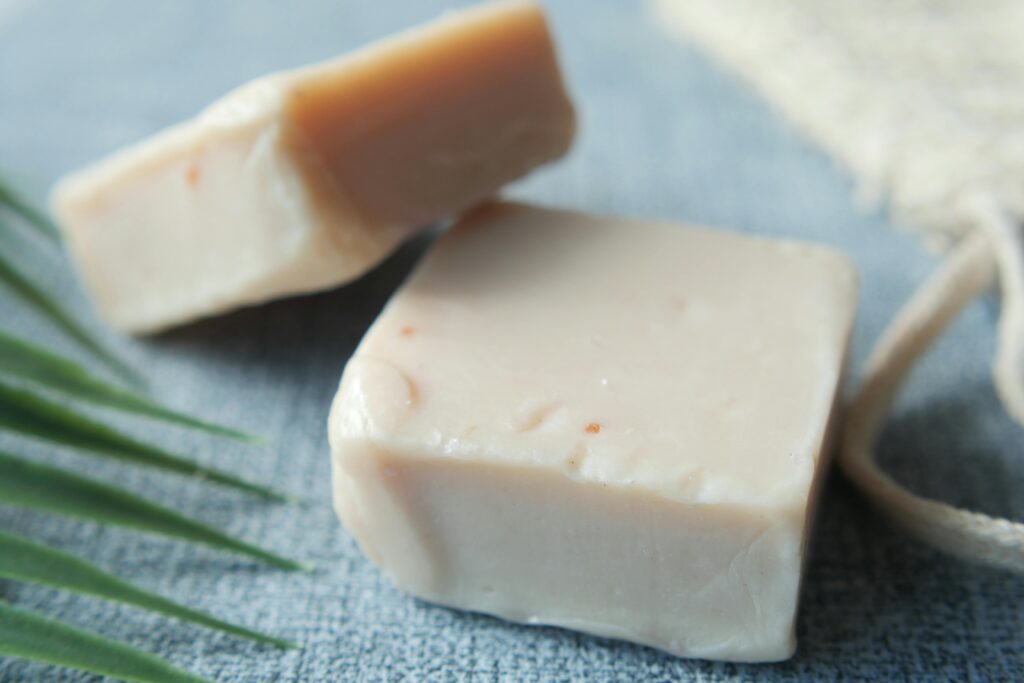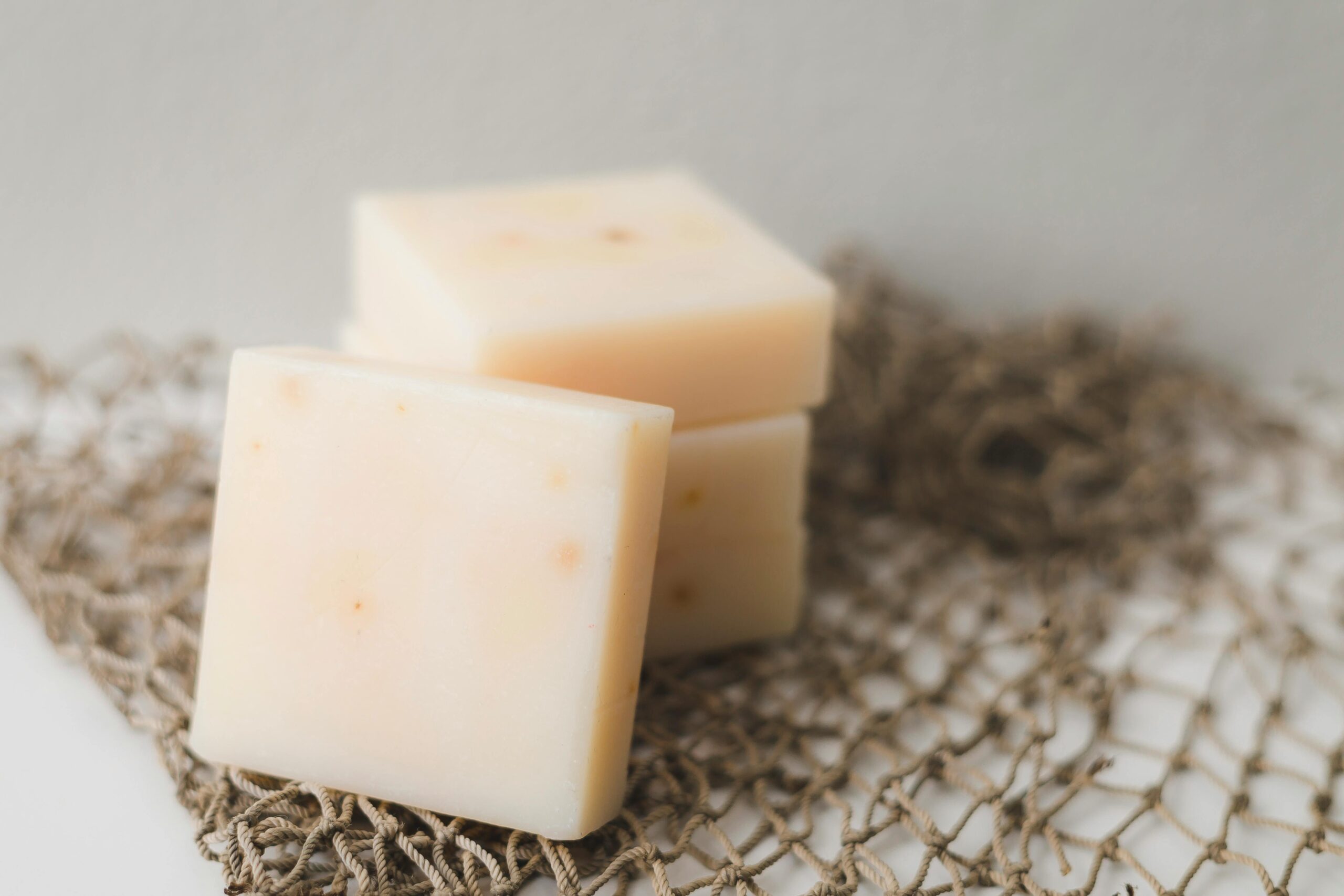Introduction
The moment we hear the name of cheese, our mouths water! Be it pizza or a sandwich, cheese is everyone’s favourite. But many people get confused, so is Cheese Good for Health, here’s the need to know. Is it just famous for its taste?
What are the benefits and disadvantages of eating cheese?
In today’s article, we will talk about the health benefits, drawbacks and best types of cheese – in simple language, so that you can easily decide whether you should include cheese in your diet or not.

What is cheese made from?
Cheese is mainly made from milk such as cow, buffalo or goat milk. Apart from this, some other important things are also added:
Milk – Mostly cow’s milk, but can also be of goat, sheep or buffalo.
Rennet – An enzyme that helps in curdling the milk.
Bacteria (starter culture) – These are good bacteria that develop taste and ferment the cheese.
Salt – for taste and to preserve cheese for longer periods.
It is processed to create different flavors, textures and types.
It contains:
- Protein
- Calcium
- Healthy fats
- Vitamin A, B12
- Zinc, Phosphorus
All these nutrients are useful for our bones, muscles and immune system.
Health Benefits of Cheese
If you eat cheese in a moderate amount, then it can be quite beneficial for your health, but eat it in small quantities, health and taste will be compromised.
Strong bones and teeth– It contains calcium, which is essential for bones.
Muscle building – High-quality protein makes the body strong.
Energy booster– Vitamin B12 improves both energy and metabolism.
Healthy fats for heart & brain– Especially if you take natural cheese like feta or ricotta.
Dental health– Eating cheese produces more saliva, which protects teeth from bacteria.
Does cheese cause harm?
Yes, if you overeat and eat anything in excess, then that thing causes harm. If you eat too much cheese or the wrong type of cheese, then some problems can also occur:
High in saturated fat – Excess cheese can lead to weight gain.
Salt content – Processed cheese contains more salt, which can increase Blood Pressure.
Lactose intolerance – Some people have problem digesting cheese.
Cholesterol – Excess saturated fat can increase cholesterol levels.
So always keep in mind both quantity and quality.
Which is the best cheese for health?
If you are health conscious but still like a lot of cheese, you can try these cheese options:
Paneer – Homemade and low-salt option
Mozzarella – Low-fat and soft cheese
Feta – Made from Goat milk, light and tangy
Ricotta – Light and creamy texture, digestion-friendly
Swiss cheese – Low sodium and high calcium
Avoid processed cheese slices, cheese spreads, and flavoured cheeses, which often contain more additives.
How much cheese should I eat daily?
1-2 slices or 30 grams (about 1 matchbox size) of cheese every day is enough. If you are following a diet or weight loss, then it is right to prefer low-fat cheese and not eat it.
Remember: “Eat cheese in balance, not too much.”
Conclusion
Cheese is a tasty and nutritious food – if you choose the right quantity and type. It contains protein, calcium and vitamins which are useful for your health. But overeating or the wrong type of cheese can lead to weight gain and problems like high blood pressure.

